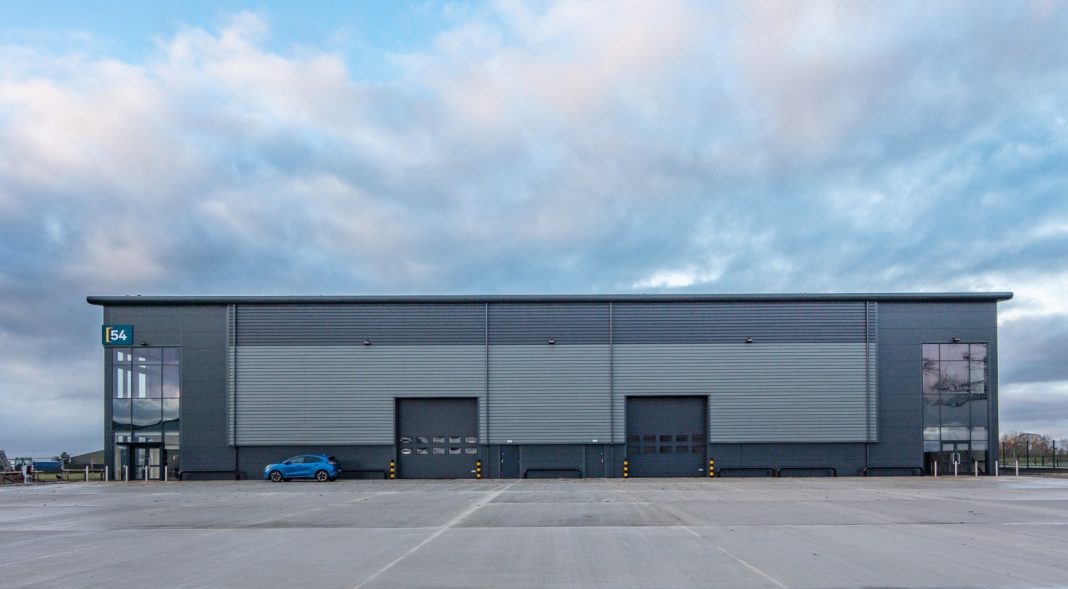New research reveals a lack of land is blocking the growth of the small to mid-box (sub-100k sq ft) warehouse sector, holding back job creation and costing the economy £480 million in Gross Value Added (GVA) per year.
With local planning focused on larger ‘Big Box’ (>100k sq ft) warehouse schemes and residential developments, change is needed.
The report, BIG things in SMALL boxes, is the second annual benchmarking report commissioned by industrial and logistics property company, Potter Space, conducted in collaboration with Savills. The report aims to uncover the challenges faced by the small to mid-box segment of the market and suggest potential solutions.
The biggest challenge facing this sector is that of ‘suppressed demand’. This means that demand for space outstrips the available supply of land for development. The report reveals that demand is suppressed in England by 38 per cent, and in some areas, this figure climbs to over 100 per cent.
The Midlands has been particularly affected, above other areas. Suppressed demand currently sits at 51 per cent in Nottingham and Derbyshire. This climbs to 57 per cent in Birmingham and reaches 101 per cent in Leicestershire, making the Midlands the hardest hit area outside of Stoke and Stafford (50 per cent) and Crawley in the South East which sits at 166 per cent.
One proposed solution to combat suppressed demand is ‘co-location’. Larger logistics property companies are facing a decline in demand, leaving unused space that could be filled by smaller providers to create economies of scale by sharing costs of infrastructure, such as access, drainage and power.
By co-locating on large sites, smaller providers could increase their footprint, create jobs and build more resilient local economies. Co-location is also growing in popularity within new developments, with a 16 per cent increase in new builds created with ancillary office space included since 2020, allowing businesses to conduct all operations from one site.
According to the report, local authorities should take a positive approach to planning to unlock economic benefits. Local planners should consider land that is unsuited to bigger warehouses as opportunities for smaller facilities, including areas close to residential developments, beside motorway junctions or railway tracks.
The small to mid-box warehouse sector currently provides 2.1 million jobs in England, with more waiting to be created. It is responsible for 31% of apprenticeship starts, with 13,000 apprenticeship roles per year beginning in small to medium enterprises (SMEs). If the undersupply of land is addressed, this figure could increase to a potential 18,000.
Jason Rockett, Managing Director at Potter Space, said: “Whilst there have been some small steps forward in the industry, the main challenge of finding enough space to meet the demand of these businesses that make up the backbone of the economy hasn’t gone away.
“Our report findings clearly show the need for logistics property companies to work together and collaborate with local authorities for a sustainable future in which the demand of all businesses can be met. If we can get this right now, we’ll not only support businesses, but also provide meaningful and long-term jobs in our local communities.
“Co-location is one way that the sector can work together to make the best use of available land and resources. With suppressed demand sitting at 38 per cent and rising to above 100 per cent in areas such as Crawley and Leicestershire, it’s clear that steps need to be taken now to improve the situation, before it is a major challenge that puts a stop to business growth and job creation.”



